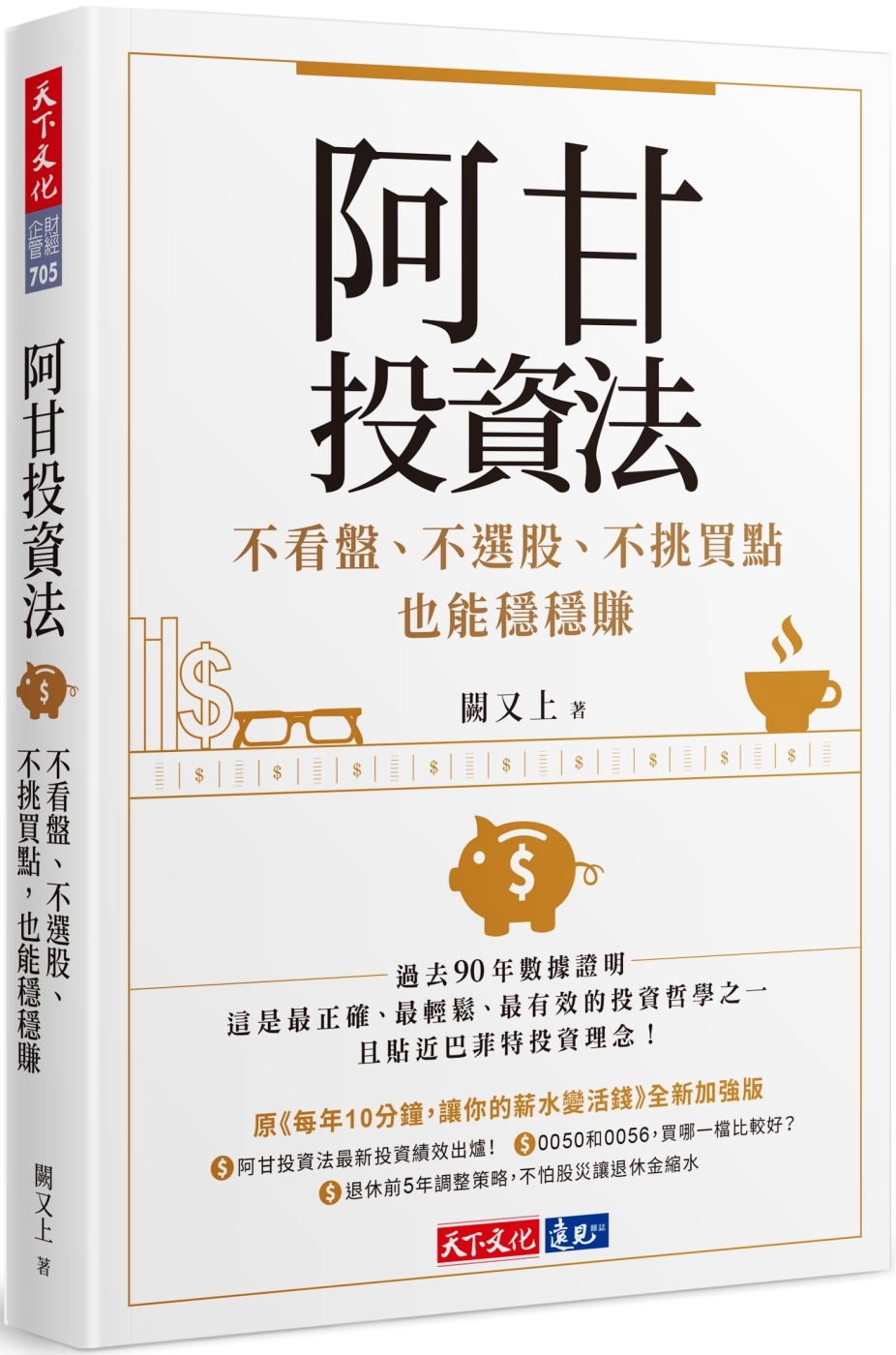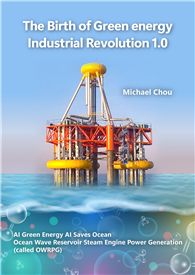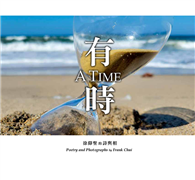This book explains how the People of Puerto Rico managed to adopt a constitution whose content and process were both original and colonialist, participatory and undemocratic, as well as progressive and anticlimactic.
It looks in detail at the rich contradictions of the Puerto Rican constitutional experience, focusing on the history and content of the 1952 Constitution. This constitution is the only constitutional document written by the Puerto Rican People themselves after more than 500 years of Spanish and US colonialism. By exploring Puerto Rico’s unique history and constitutional experience the book shines a spotlight on key emerging themes of comparative constitutional studies in this area: state constitutionalism, the persistence of colonial relationships in the Caribbean, and the continued development of constitutionalism in Latin America. The book delves deep into the particular experience of Puerto Rican constitutionalism which combines elements of colonialism, democratic tensions, and progressive policies. It explains how these features converge in a constitutional project that has endured for 70 years and continues its contradictory development. It considers issues such as the island’s colonial history, including its conflicting relationship with democratic values and the constant presence of social movements and their struggles. It also explores the content of the 1952 Constitution, focusing on its progressive substantive policy, particularly its rights provisions, its amendment procedures, and the governmental structure it set up.| FindBook |
有 1 項符合
Puerto Rico’s Constitutional Paradox: Colonial Subordination, Democratic Tension, and Promise of Progressive Transformation的圖書 |
 |
Puerto Rico’s Constitutional Paradox: Colonial Subordination, Democratic Tension, and Promise of Progressive Transformation 作者:Farinacci-Fernós 出版社:Hart Publishing 出版日期:2024-08-22 語言:英文 規格:平裝 / 240頁 / 23.39 x 15.6 x 2.54 cm / 普通級/ 初版 |
| 圖書館借閱 |
| 國家圖書館 | 全國圖書書目資訊網 | 國立公共資訊圖書館 | 電子書服務平台 | MetaCat 跨館整合查詢 |
| 臺北市立圖書館 | 新北市立圖書館 | 基隆市公共圖書館 | 桃園市立圖書館 | 新竹縣公共圖書館 |
| 苗栗縣立圖書館 | 臺中市立圖書館 | 彰化縣公共圖書館 | 南投縣文化局 | 雲林縣公共圖書館 |
| 嘉義縣圖書館 | 臺南市立圖書館 | 高雄市立圖書館 | 屏東縣公共圖書館 | 宜蘭縣公共圖書館 |
| 花蓮縣文化局 | 臺東縣文化處 |
|
|
圖書介紹 - 資料來源:博客來 評分:
圖書名稱:Puerto Rico’s Constitutional Paradox: Colonial Subordination, Democratic Tension, and Promise of Progressive Transformation
|











